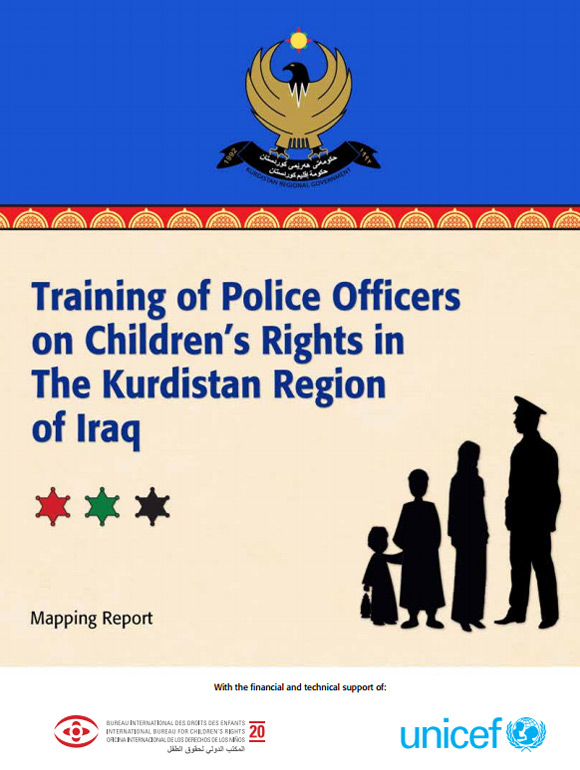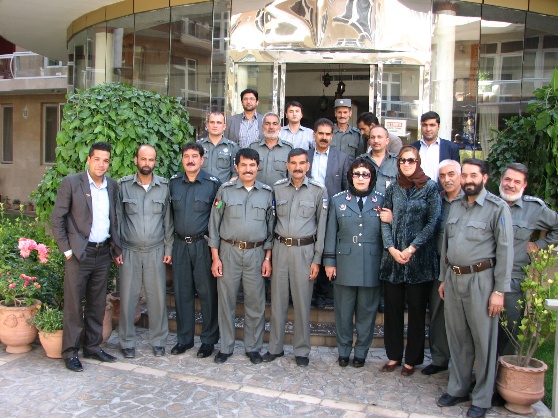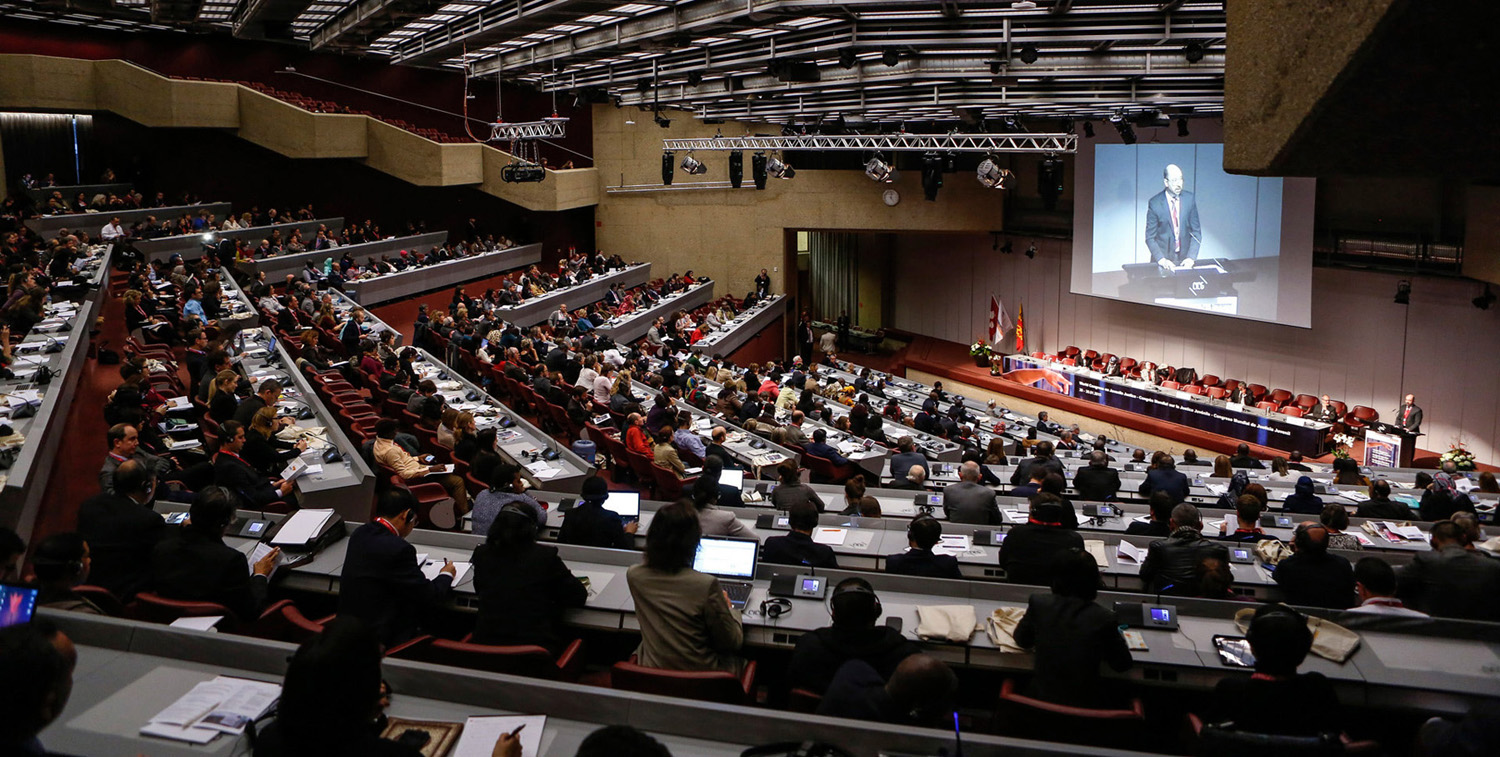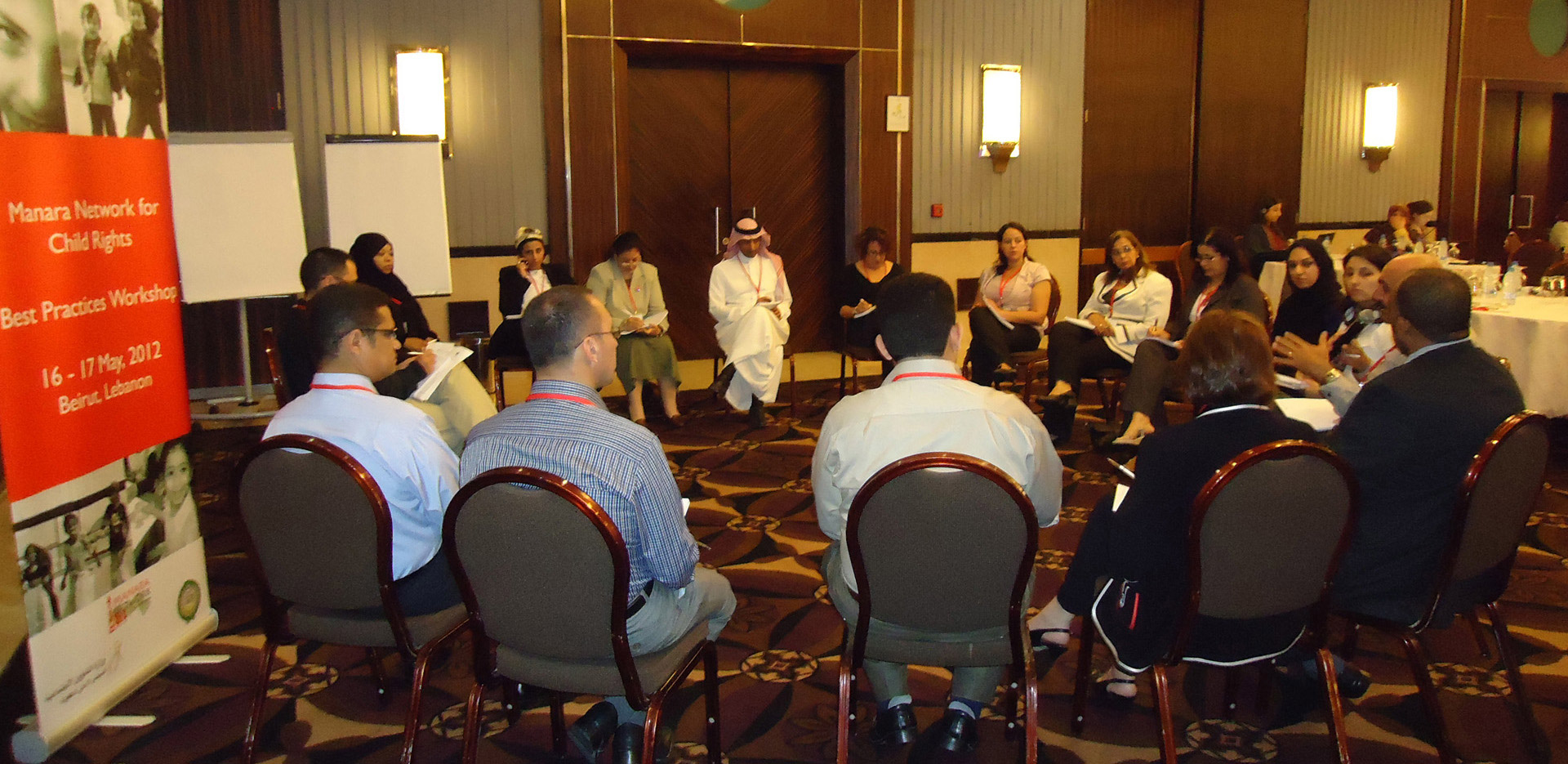Training and strengthening the capacities of security forces on children’s rights in the Kurdistan region of Iraq
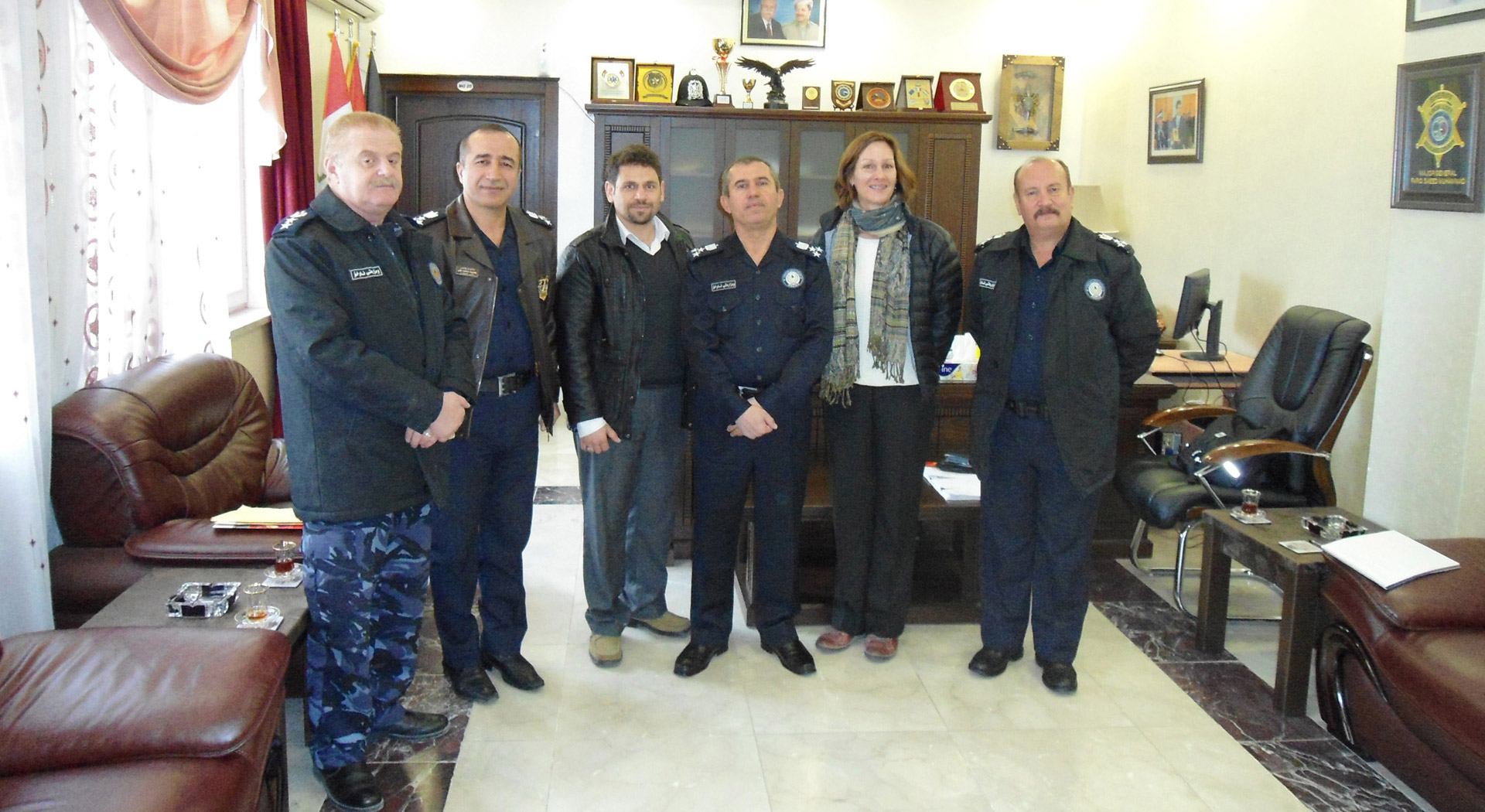
Académie de police d’Erbil Irak
It is very difficult to communicate with children in the street because police are not equipped with the necessary knowledge and skills
Testimonial of a police officer, taken from an IBCR report entitled Training of Police Officers on Children’s Rights in the Kurdistan Region of Iraq, p. 34.
Project Duration: 2013 - 2014
In November 2012, Iraq took part in the global brainstorming workshop on integrating key competencies adapted to children’s rights into the training and practice of police officers and gendarmes. Held in Lomé, it brought together over 20 delegations. At the workshop, representatives from the Kurdistan region highlighted the need to strengthen their training system for security forces in the field of children’s rights. The workshop gave the Kurdistan Regional Government the opportunity to demonstrate its sincere commitment to the protection of women and children – a commitment that translated into the drafting of a bill reviewed by the parliament. Launched in 2013 thanks to the active support of UNICEF and the Ministry of the Interior of the Kurdistan region, the IBCR’s programme to strengthen the capacities of security forces in Kurdistan was part of this initiative and consisted of developing a permanent course on child rights and protection in educational institutions in Erbil and Sulaymaniya, with the support of local partners.
Goals:
To accomplish this mission, the IBCR validated the commitment of different entities affected by the project, including training institutions in Erbil and Sulaymaniya, as well as the General Directorate for Combatting Violence against Women, the General Directorate of Police, representatives from other ministries, juvenile police stations and NGOs operating in the Kurdish territory.
The enormous task of collecting data was then undertaken: over 250 documents were consulted as part of a literature review, and dozens of speakers, police officers and children were asked to take part in structured interviews. This preparatory research led to the drafting, in February 2014, of a situational analysis, in English and Kurdish, outlining the strengths and weaknesses of the juvenile justice system already in place in Iraq’s Kurdish region. Another objective of this report was to propose recommendations for strengthening the protection of children’s rights in the region. As a result of this brainstorming work, a pilot training toolkit was developed in March 2014, and the six tools that make up the toolkit were validated by programme stakeholders.
- Intervention locations : Erbil and Sulaymaniya in the region of Kurdistan
- Project duration: 2013 à 2014
- Partners :
- Ministry of the Interior of the Kurdistan region, General Directorate of Police, Erbil Police Academy, Sulaymaniya Police Academy, Erbil Training and Rehabilitation Centre, General Directorate for Combatting Violence against Women, Juvenile Police Centres, UNICEF
- Highlights:
- 260 groups were approached for the collection of data on the Kurdistan Regional Government
- 82 children participated in interviews and discussion groups
- 62 members of the police force were interviewed
- 36 representatives from 19 institutions participated in the framing workshop
- 22 participants representing 13 institutions participated in the strategic workshop
- 14 representatives from the police force, NGOs and the University of Salah ad-Din participated in the developmental workshop
- More than 250 sources were consulted for the purposes of preparing a mapping report of the protection of minors in Kurdistan
- Fields of activity and expertise :
- Capacity building
- Advocacy and institutional support
- Training leadership
- Children and the justice system






